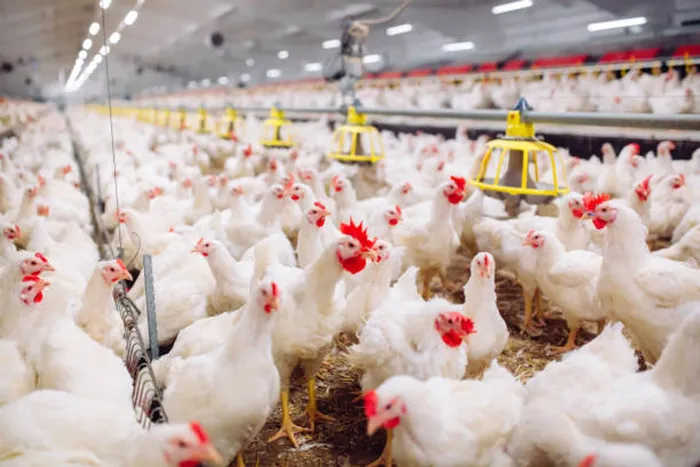How Brazil's poultry import ban threatens South African food prices

Brazil announced the bird flu outbreak at the end of last week.
Image: File picture
The Association of Meat Importers and Exporters (AMIE) has issued a strong warning about the economic and food security risks following the suspension of poultry imports from Brazil.
Last week, the government enacted an immediate suspension of chicken imports from Brazil, citing growing concerns over food safety and public health.
The ban followed increasing calls from public health experts and economists who argued that the outbreak posed a threat to the local poultry industry, referencing the country's past struggles with the disease.
Wandile Sihlobo, chief economist at the Agricultural Business Chamber of South Africa (Agbiz), noted that animal health was a "global challenge".
"Here is the thing, animal health is a global challenge, and we all should remain vigilant. In recent months, cases of bird flu have spread in parts of the US, the UK, and, most recently, Brazil," he said.
"In South Africa, we still remember egg shortages in 2023 when avian influenza hit various regions. Against this background, we always observe the animal health conditions of our trading partners closely. One region that has worried us lately is Brazil,"
However, the association has warned that local producers are unable to fill the gap left by the suspension, particularly for chicken feet, gizzards, skins, and mechanically deboned meat (MDM).
“Local producers cannot, and will not be able to meet the gap in supply of poultry offal (feet, gizzards, and skins) and mechanically deboned meat (MDM), driving up prices and threatening the affordability and accessibility of basic protein for millions,” AMIE CEO Imameleng Mothebe said.
Brazil, the world’s largest poultry exporter, supplies 73% of South Africa’s poultry imports (excluding MDM), including frozen bone-in chicken and offal such as feet, livers, necks, and carcasses. It also provides 92% of all MDM imports, with a monthly average of 18,000 metric tons, used primarily in processed meat products.
According to AMIE, the shortage is already being felt in the market. “With the current shortage of MDM, processed meat producers are facing cost surges as inventory levels are thinning, and shelf prices are starting to reflect this reality.”
“MDM prices have surged from R13 to R31 per kilogram, while offal like gizzards and skins have seen double-digit increases.”
These increases, the association warns, will be compounded by rising input costs, including the recent fuel levy hike announced in the national budget earlier this month..
“Chicken offal and MDM are not luxuries. They are foundational to school feeding programmes, and the production of processed meats, which are the most affordable proteins for low-income households. Ultimately, Brazilian MDM is the source of over 400 million poultry-based meals per month for South Africa,” said Mothebe.
While South African producers have committed to raising output by four million birds per month, AMIE said this will not be enough to meet the country’s specific demand for offal and MDM. South Africa currently does not produce MDM at a commercial scale.
“In addition, alternative international markets also do not have the scale or available supply of the product mix to replace Brazil’s exports to South Africa,” Mothebe added.
The association also urged the government to pursue a regionalisation agreement with Brazil, allowing imports from unaffected areas to resume.
“Without urgent action to put in place a regionalisation agreement with Brazil, which would allow for the import of products from areas not affected by the outbreak, price increases and food shortages for consumers, and job losses for local manufacturers of processed meats who employ over 125 000 workers, will follow"
IOL previously reported that Arnold Prinsloo, CEO of meat producer Eskort, also raised serious concerns about the ban’s impact on the country's most vulnerable populations, warning that if the restrictions aren’t lifted, production could come to a halt by the end of June.
“This will deprive South Africa’s most vulnerable citizens of more than 400 million low-cost meals per month. Vulnerable families and thousands of school feeding schemes rely heavily on polony, and there is a real danger of widespread hunger and malnutrition if Eskort and its competitors cannot sustain supplies.”
mthobisi.nozulela@iol.co.za
IOL Business